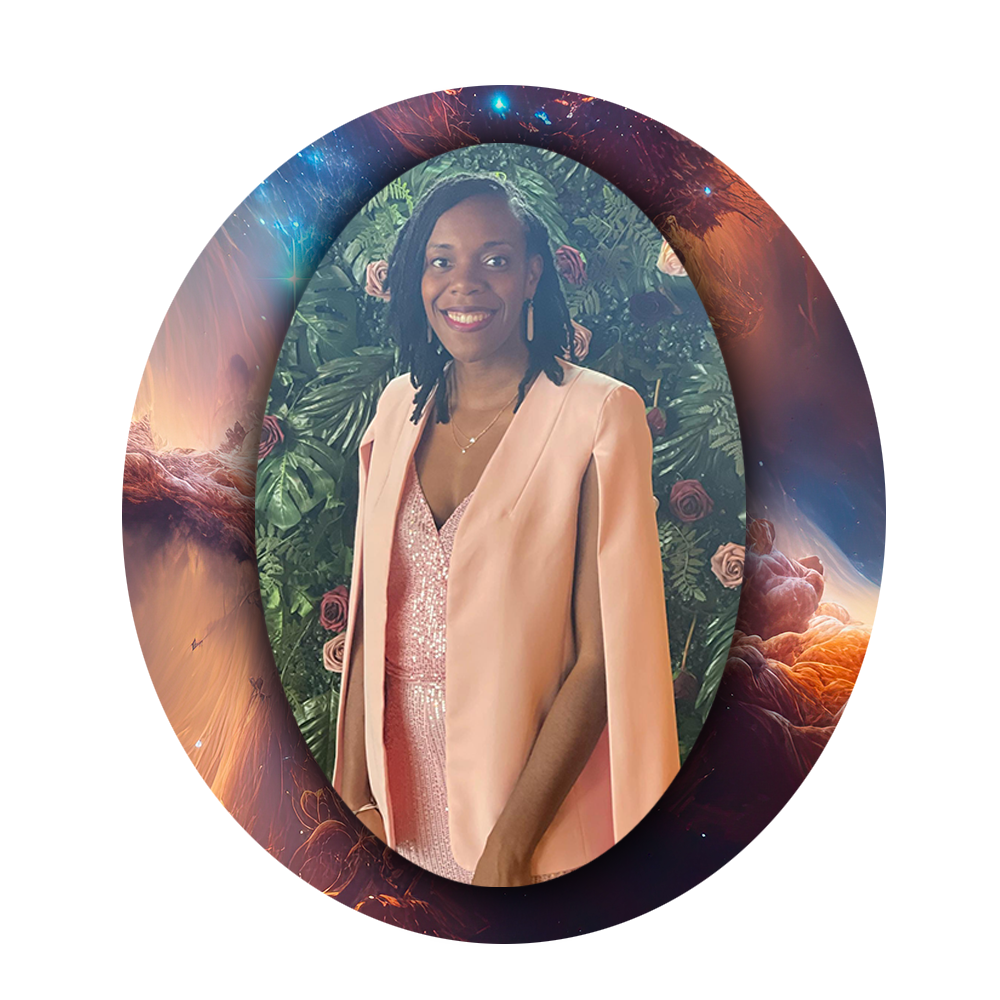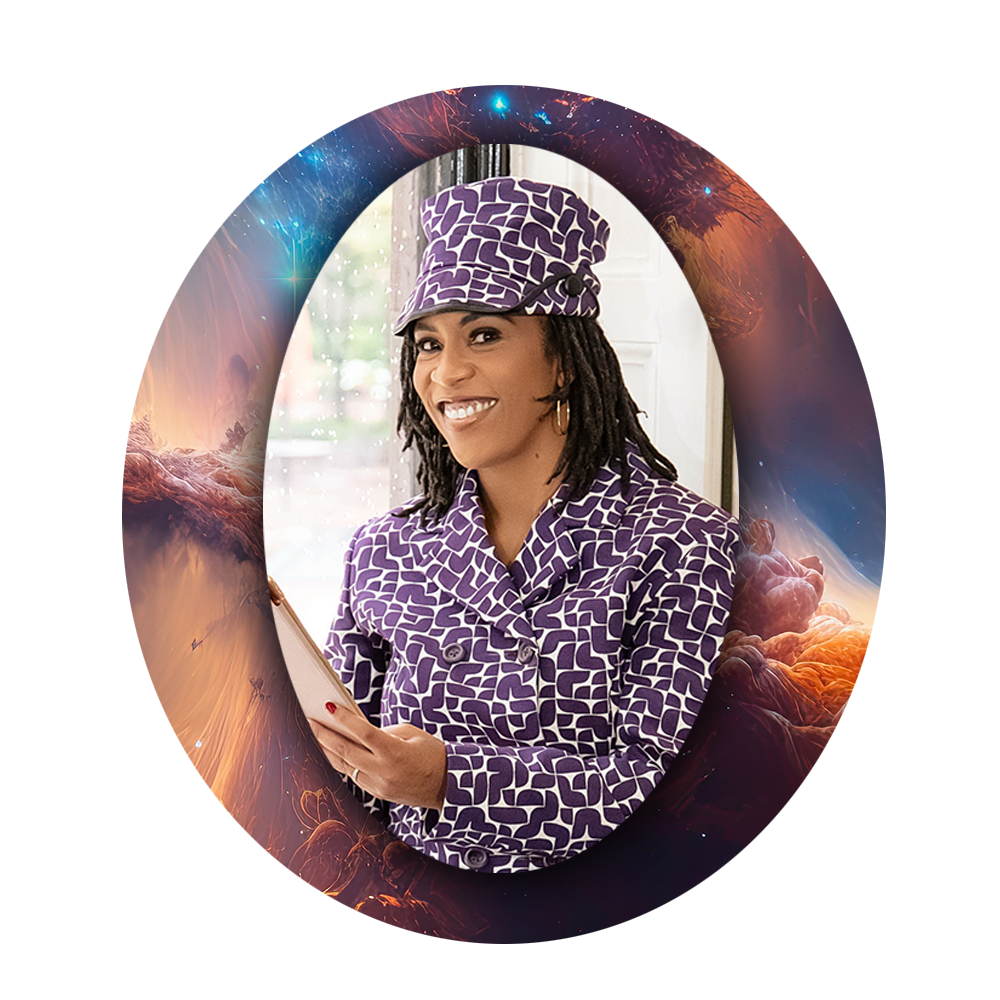Body Language
Luke 1:5-17
What happens to the abandoned and unanswered prayers that we’ve set aside due to God’s silence?
What happens when everything you ever hoped for slips away after years of doing everything “right” for God?
I think many of us have had this experience at one time or another in our lives. When we begin to wane in our expectation of God and wax in our apathy. Or, perhaps it’s the barrage of bad news and oppression-riddled realities that have caused us to simply go along to get along. Because continuing to hope would only point us in the direction of persistent pain as we are still met with a lack of response or respite.
Zechariah, too, was living in dark times like the ones we are experiencing today. Not only had God been silent for over 400 years, with no prophets recorded to give God’s people direction, but the people of Judea were struggling under the weight of a tyrannical regime of a king who had no honor. According to religious and historical scholars, King Herod ruled his empire with an iron fist – using security measures to both suppress the contempt of the people and stop them from protesting his authority. Not to mention, it would be Herod that would not only kill his own sons but also order the massacre of innocent children upon hearing the news of Jesus’ birth.
It is against this backdrop that Zechariah maintained his commitment to his priestly orders and continued showing up to serve in the temple. In spite of God’s unwillingness to answer his personal prayers for a child and the apparent lack of concern God had for God’s people, Zechariah did not abdicate his role as priest nor release himself from living a “blameless” life according to the commandments of God. Year after year of unregulated disappointment and unrequited desire. And yet, day after day, Zechariah still made it his business to be an unrelenting disciple.
And on this otherwise ordinary and routine day in the temple, God decided to break that silence and set in motion a divinely orchestrated and ordained plan that would not only meet Zechariah’s particular personal desire but also lay a path for liberation for God’s people. As Zechariah performed the sacred ritual of burning incense at the altar, an angel of the Lord appeared and told him of his son’s (John the Baptist’s) pending birth and coming ministry. That this boy child would grow up full of the Holy Spirit and become a voice crying out in the wilderness to prepare the way for the coming Messiah.
I wonder what compelled God to meet Zechariah with such a favorable response after years of silence? I believe God was moved, not by the act of burning incense, but by the consistency of Zechariah’s body language before God. Indeed, there are times when we’ve retired our prayers and ceased lifting our voices to God that our bodies become the very vehicle through which our prayer requests are offered. Because Zechariah kept showing up, bringing his whole self into the temple – whether he felt excited or sad or despondent or ambivalent – his body was a prayer language that signaled his capacity to remain faithful even when God had let him down.
Stop and think about that for a moment.
That even in the midst of hopelessness, our hearts toward God can still utter the secret prayers that we have stopped believing were possible. That though our hearts are broken with longing, our bodies can still serve as a portal to God’s grace and favor. What an awesome reminder of what happens when we co-journ with a holy and powerful God and refuse to leave our posts or assignments even when we are met with heartache and pain.
I’m reminded of Stacey Abrams who, even after being defeated for the seat of Governor in the state of Georgia, stayed steadfast and immovable in her mission and (with the help of other amazing Black and brown women) was able to help win two run-off elections and balance the scales of power within the Senate. She did not let the unanswered prayer of not winning the gubernatorial election stop her from continuing to “do the work her soul must have” (in the words of late womanist pioneer, Rev. Dr. Katie Geneva Cannon).
Upon seeing Zechariah, the angel said “do not be afraid…for your prayer has been heard.” Beloved, there are some prayers that you’ve prayed that God has heard and is waiting on the appointed time to answer. An appointed time where your body language signals you are in the right place and in the right posture to receive that which you’ve been waiting a lifetime to receive. An appointed time where God reminds you of your first works and responds swiftly with yes and amen.
So then the question becomes: what are you doing with your silence? And what does your body language communicate about your expectation of God? When met with resistance or lack of response, does your anger turn into bitterness that becomes a barrier to your divine purpose? Do you fold your arms and remain stuck in annoyance when things don’t go your way? Or do you, like Zechariah, continue showing up to complete the God-given tasks assigned to you?
I pray that it is the latter. Because there are some prayers that are only received as righteous body language.
Reflection:
- What are you noticing in your own body language? What is your body telling your right now?
- What are you doing with your silence?

A native of Conway, Arkansas, Shantell is married to Rev. Jeremy Hill. They recently welcomed their first child, Sophie June, to their growing family. Shantell obtained a Master of Divinity from Vanderbilt Divinity School. She also earned a Bachelor of Science in Electrical Engineering from Vanderbilt University and a Master of Science in Electrical Engineering from Colorado State University. She is a proud member of Delta Sigma Theta Sorority, Inc., and the National Society of Black Engineers. She is also an ordained minister in the Christian Church (Disciples of Christ). Her vocational experiences include work as a Process Control Engineer, a Bible teacher, and as Assistant University Chaplain at Vanderbilt University.
At Winthrop Rockefeller Foundation, Shantell focuses on community engagement, faith-based coalition building and narrative change to imagine more just communities in Arkansas. Notable markers of her work include the recent formation of the Micah Fellows Program, a fellowship opportunity bringing together local faith leaders to expand their theological education and praxis while receiving grants and training to focus on economic justice and advocacy.
In her spare time, Shantell enjoys public speaking, doing freelance writing, and curating digital content that centers the wholeness and thriving of Black women. Her favorite quote is, “Do the work your soul must have,” coined by the late womanist pioneer Rev. Katie G. Cannon, Ph.D



Unbound Social